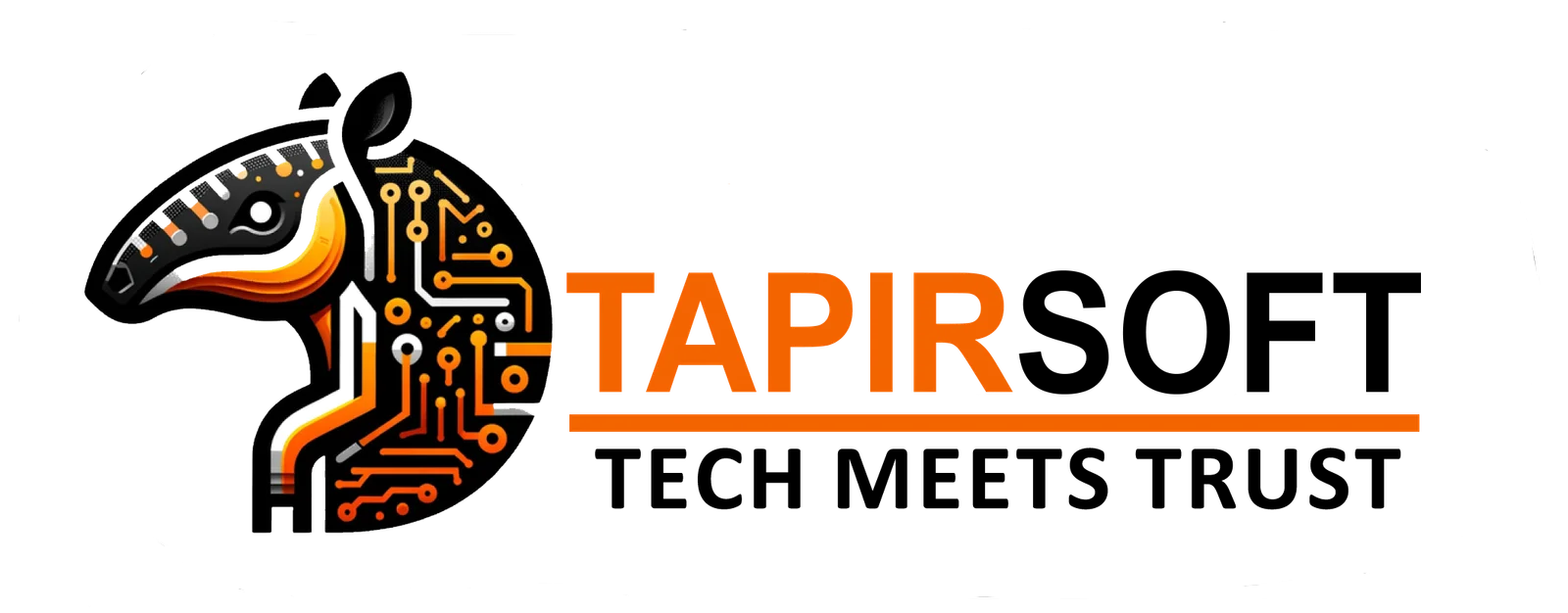Practical Blockchain Applications for Modern Businesses


While blockchain technology first gained prominence as the foundation for cryptocurrencies like Bitcoin, its potential applications extend far beyond digital currencies. Today, businesses across various industries are discovering innovative ways to leverage blockchain's unique properties to solve real-world problems.
1. Supply Chain Management
Blockchain provides an immutable, transparent record of product journeys from origin to consumer. This is particularly valuable in industries where provenance and authenticity are crucial.
Key benefits for supply chains:
- End-to-end traceability of goods
- Reduction in counterfeit products
- Improved compliance with regulations
- Streamlined recall processes
Companies like Walmart and Maersk are already using blockchain to track food shipments and shipping containers respectively, reducing fraud and improving efficiency.
2. Digital Identity Verification
Blockchain-based identity systems give individuals control over their personal data while providing businesses with reliable verification methods.
Applications include:
- Self-sovereign identity solutions
- KYC (Know Your Customer) processes
- Academic credential verification
- Professional license validation
3. Smart Contracts
Self-executing contracts with terms written into code can automate complex business processes while reducing the need for intermediaries.
Smart contract use cases:
- Automated insurance payouts based on verifiable events
- Royalty distribution in creative industries
- Escrow services for high-value transactions
- Supply chain payments triggered by delivery confirmation
4. Healthcare Data Management
Blockchain can securely store and share medical records while maintaining patient privacy and giving individuals control over their data.
Benefits for healthcare:
- Interoperability between healthcare providers
- Secure sharing of sensitive data
- Tamper-proof clinical trial records
- Tracking of pharmaceuticals to prevent counterfeiting
5. Voting Systems
Blockchain-based voting systems offer the potential for more secure, transparent, and accessible elections while reducing fraud.
Advantages include:
- Immutable vote records
- Verifiable results without compromising voter anonymity
- Potential for remote voting with increased security
- Real-time result tabulation
6. Real Estate Transactions
The property buying process involves numerous intermediaries and paperwork. Blockchain can streamline this by:
- Digitizing and securing property records
- Reducing closing times through smart contracts
- Providing transparent title histories
- Enabling fractional property ownership
7. Energy Trading
Peer-to-peer energy trading platforms allow consumers to buy and sell renewable energy directly using blockchain.
This enables:
- More efficient use of distributed energy resources
- Automated microtransactions between producers and consumers
- Transparent tracking of renewable energy credits
- Decentralized energy grids
Conclusion
Blockchain technology is maturing beyond its cryptocurrency origins to become a foundational technology for business innovation across industries. The common thread in all these applications is blockchain's ability to create trust, transparency, and efficiency in systems where these qualities are valuable.
As the technology continues to evolve and scalability improves, we can expect to see even more creative applications emerge. Businesses considering blockchain adoption should focus on specific pain points where its unique properties can provide clear advantages over traditional solutions.

James Kim
Blockchain Architect
James Kim is a Blockchain Architect with over 10 years of experience in web development. He specializes in frontend technologies and has worked with numerous startups and enterprise clients to build scalable, user-friendly web applications.
Related Articles
Enjoy this article?
Subscribe to our newsletter to receive the latest insights and updates from our team.
